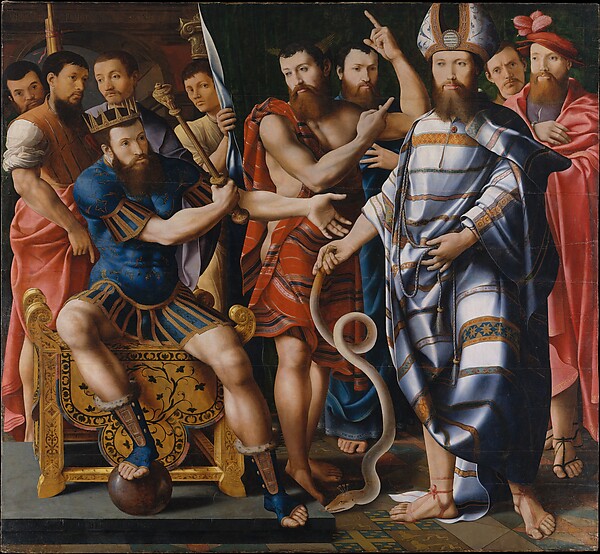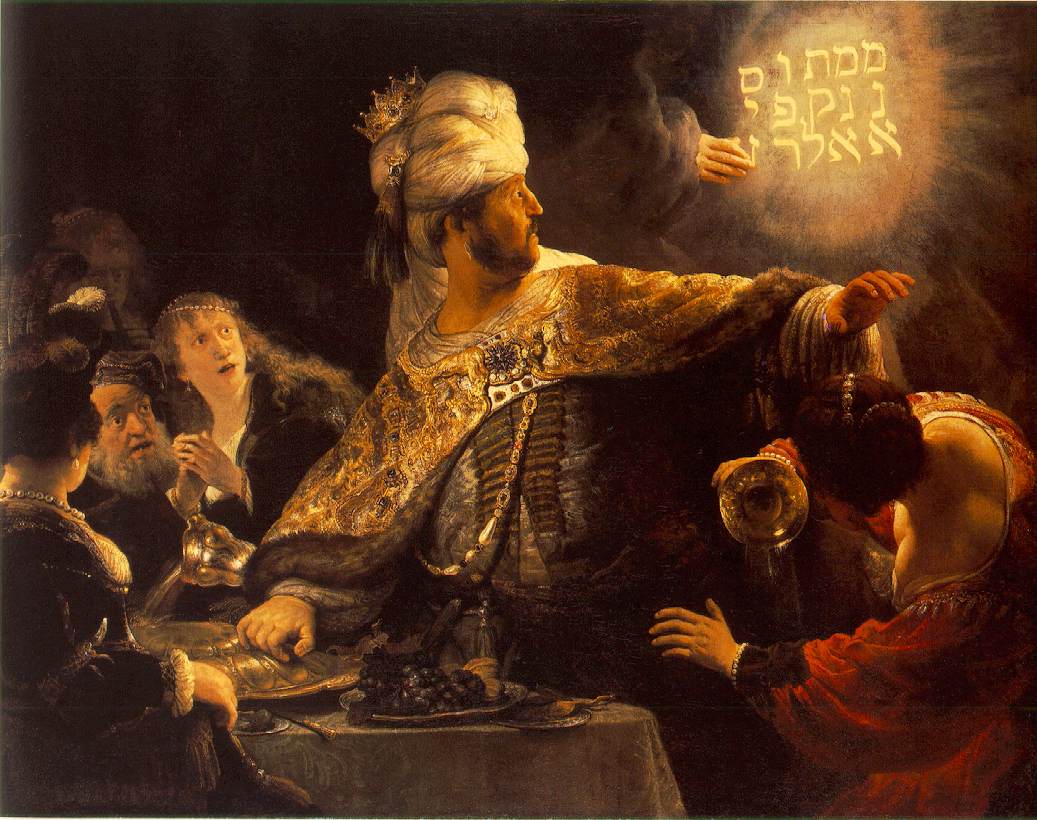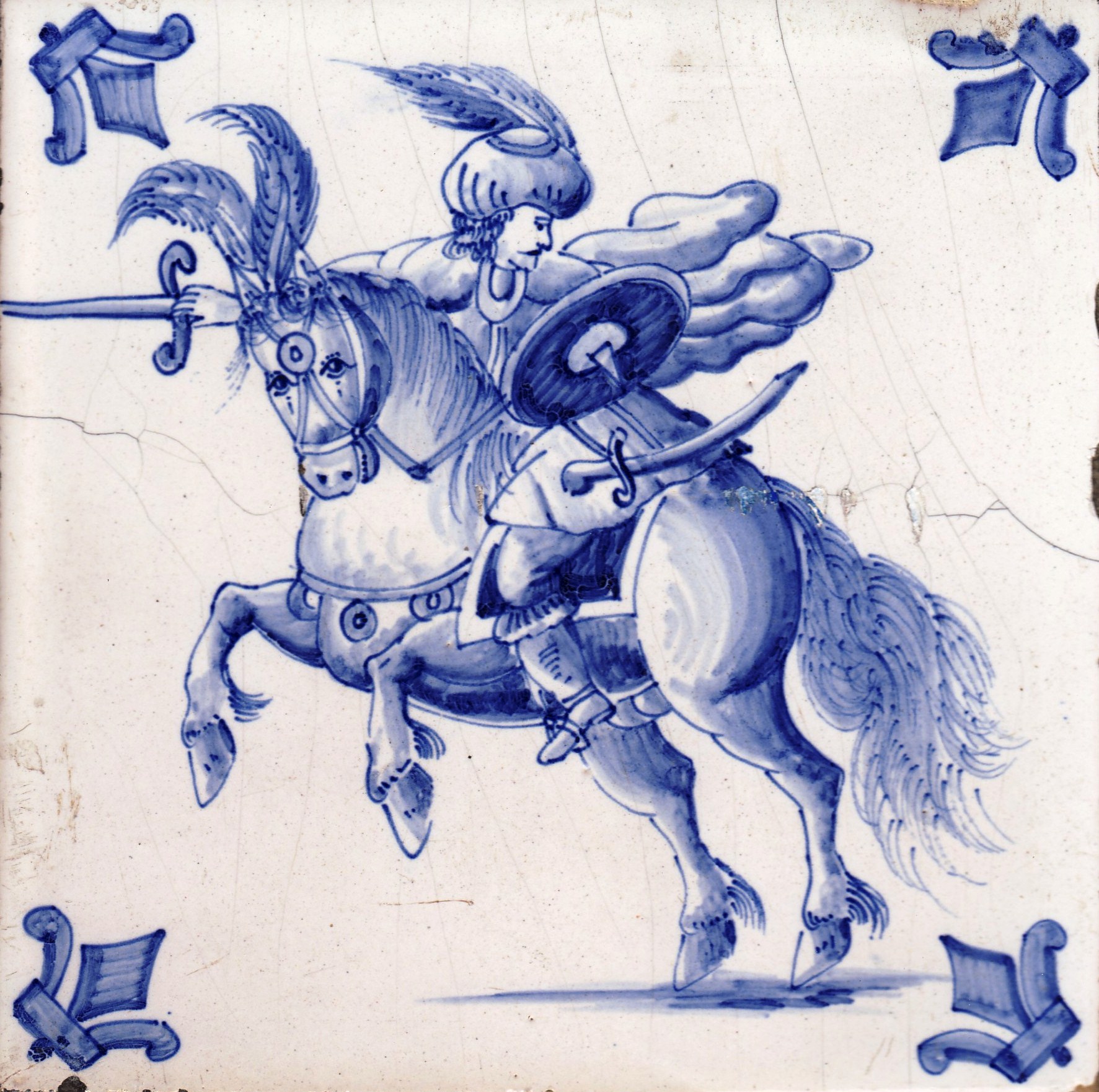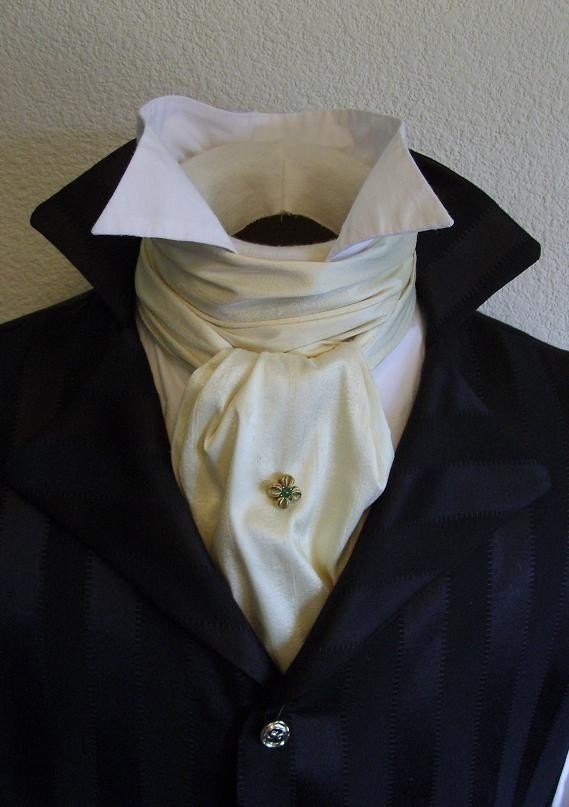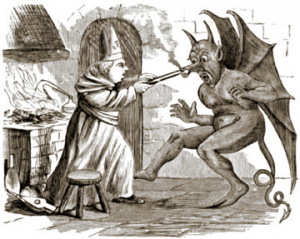It is believed that Dickens' inspiration for Scrooge came from John Elwes: an English politician known for his miserly ways. Not only does Scrooge's physical description match Elwes', but like Elwes Scrooge didn't start out as a miser (which is revealed in Stave Two). At one point in his life Elwes roamed England, visiting city after city, indulging in expensive food, entertainment and frivolous items. It wasn't until Elwes started pursuing his uncle's inheritance did Elwes begin to adopt his notorious habits. His uncle, Sir Harvey Elwes, prided himself on spending only 110 pounds (roughly 200 U.S. dollars today) yearly. Sir Harvey did this by eating small game that he caught around his house (including rats), refusing to buy new cloths, going to bed as soon as possible to "save candle light" and various other extreme instances of penny-pinching. John Elwes eventually picked up these habits, so much so that people often thought he was a beggar in the streets. While Scrooge would never tolerate appearing as, or being called, a beggar, he does show extreme instances of greed, such as the cheap funeral for Marley, and refusing to give to charity.
